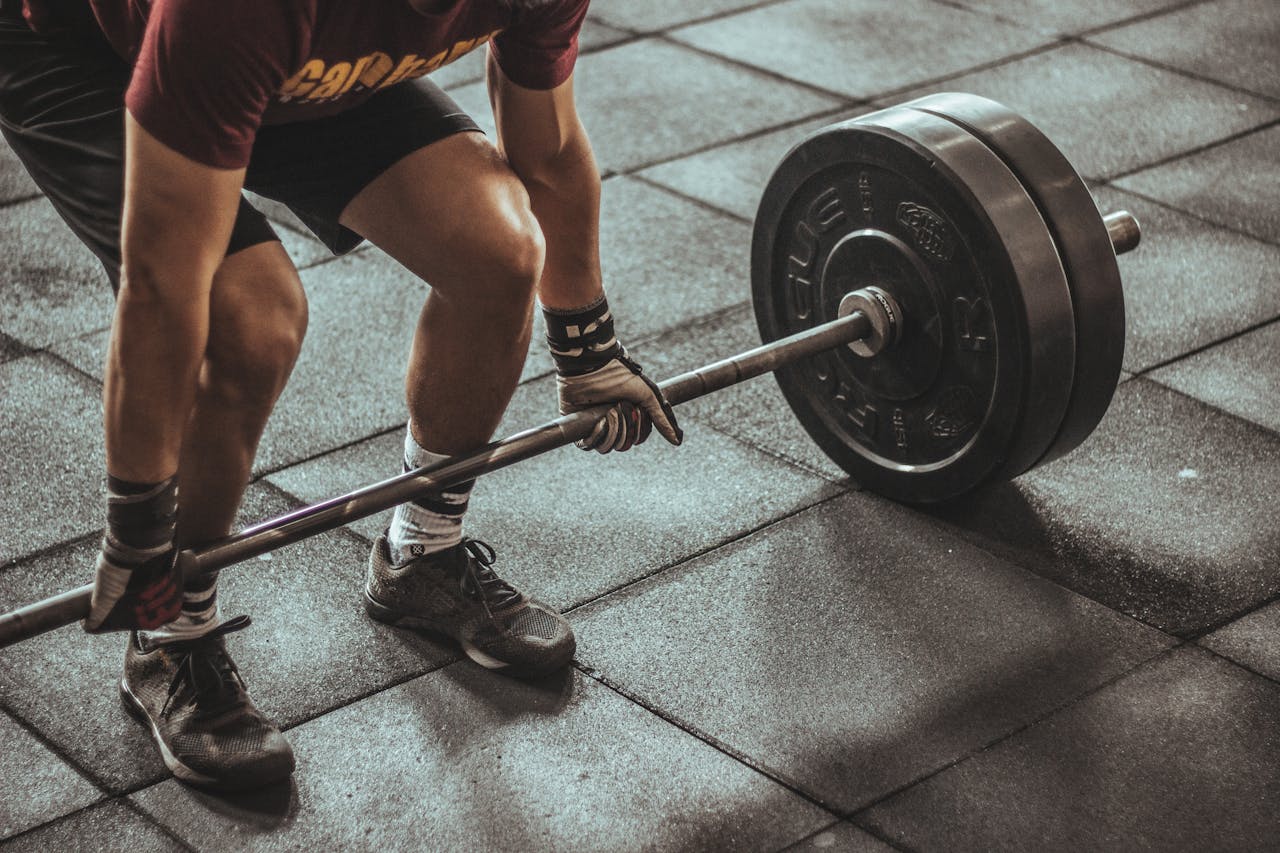
How Quality Sleep Enhances Muscle Growth and Recovery for Strength Athletes
For those dedicated to strength training, the focus is often on optimizing workouts and nutrition. However, one vital aspect of building muscle that is frequently overlooked is sleep. Quality sleep is not just beneficial but essential for muscle growth and recovery. This article delves into the science behind sleep and muscle development, explaining why rest is just as important as the time spent in the gym.
The Importance of Muscle Recovery
When you engage in strength training, you create microscopic tears in your muscle fibers. The process of repairing these tears is what leads to muscle growth, known as hypertrophy. A study published in The Journal of Physiology (2016) found that sleep deprivation significantly impairs muscle recovery, leading to reduced gains and increased risk of injury (Skein et al., 2016). During sleep, the body enters a restorative mode, producing essential hormones and proteins that aid in muscle repair. Without sufficient sleep, your muscles cannot recover fully, stalling your progress.
Growth Hormone and Muscle Development
One of the most critical factors linking sleep and muscle growth is the release of growth hormone. According to research published in The Journal of Clinical Investigation (2000), the majority of growth hormone secretion occurs during deep sleep (SWS, or slow-wave sleep), especially in the early part of the night (Van Cauter et al., 2000). Growth hormone is instrumental in muscle growth, tissue repair, and fat metabolism. By ensuring you get enough deep sleep, you optimize the conditions for muscle development and overall strength.
Sleep Duration and Muscle Mass
The amount of sleep you get is directly correlated with muscle mass and strength gains. A study in The American Journal of Clinical Nutrition (2011) found that individuals who slept less than 7 hours per night had less muscle mass compared to those who slept 8 hours or more (Schmid et al., 2011). This research underscores that both the quantity and quality of sleep are crucial for maximizing muscle growth. Skimping on sleep not only hampers recovery but also reduces the effectiveness of your workouts.
The Role of REM Sleep in Muscle Repair
REM (Rapid Eye Movement) sleep, often associated with dreaming, is also essential for muscle recovery. During REM sleep, the body’s energy is redirected to repair and build tissues, including muscles. A study published in Sleep Medicine Reviews (2019) highlighted that REM sleep is crucial for both physical recovery and cognitive function, which are vital for strength training and overall athletic performance (Jung et al., 2019). Missing out on REM sleep can lead to suboptimal recovery and reduced muscle growth.
Sleep Deprivation and Its Impact on Performance
Sleep deprivation not only affects muscle growth but also your performance during workouts. Research published in Sports Medicine (2017) demonstrated that athletes who experienced poor sleep showed reduced strength, endurance, and reaction times, all of which are critical for effective strength training (Fullagar et al., 2017). Additionally, lack of sleep can impair your motivation and focus, making it harder to push through tough workouts and achieve your fitness goals.
Practical Tips for Optimizing Sleep for Muscle Growth
To maximize muscle growth and recovery, it’s essential to prioritize sleep. Here are some strategies to improve your sleep quality:
- Establish a Sleep Routine: Go to bed and wake up at the same time every day, even on weekends, to regulate your body’s circadian rhythm.
- Create an Optimal Sleep Environment: Keep your bedroom cool, dark, and quiet to promote deep and restful sleep.
- Limit Blue Light Exposure: Reduce exposure to screens (phones, computers, TVs) in the hour before bed, as blue light can interfere with melatonin production.
- Consider a Post-Workout Sleep Ritual: Engage in relaxation techniques, such as stretching or meditation, to help your body wind down after intense workouts.
Conclusion
For strength trainers, sleep is not just a passive activity; it’s an active component of the muscle-building process. Quality sleep enhances recovery, supports hormone production, and maximizes muscle growth, making it a critical part of any training regimen. By prioritizing sleep alongside nutrition and exercise, you can achieve better results, reduce the risk of injury, and enhance your overall performance. In the quest for strength and muscle mass, sleep is the ultimate ally.
Sources:
This article was brought to you by Ora Sleep in collaboration with BM.
- Skein, M., et al. (2016). “The Impact of Sleep Deprivation on Muscle Recovery and Performance.” The Journal of Physiology, 594(3), 701-709.
- Van Cauter, E., et al. (2000). “Growth Hormone Secretion During Sleep.” The Journal of Clinical Investigation, 106(7), 973-982.
- Schmid, S. M., et al. (2011). “Short Sleep Duration and Muscle Mass: Implications for Athletes.” The American Journal of Clinical Nutrition, 94(3), 429-436.
- Jung, C. M., et al. (2019). “REM Sleep and Its Role in Physical Recovery.” Sleep Medicine Reviews, 44, 47-55. Link
- Fullagar, H. H. K., et al. (2017). “Sleep Deprivation and Athletic Performance: Impacts on Strength and Endurance.” Sports Medicine, 47(1), 39-50.







